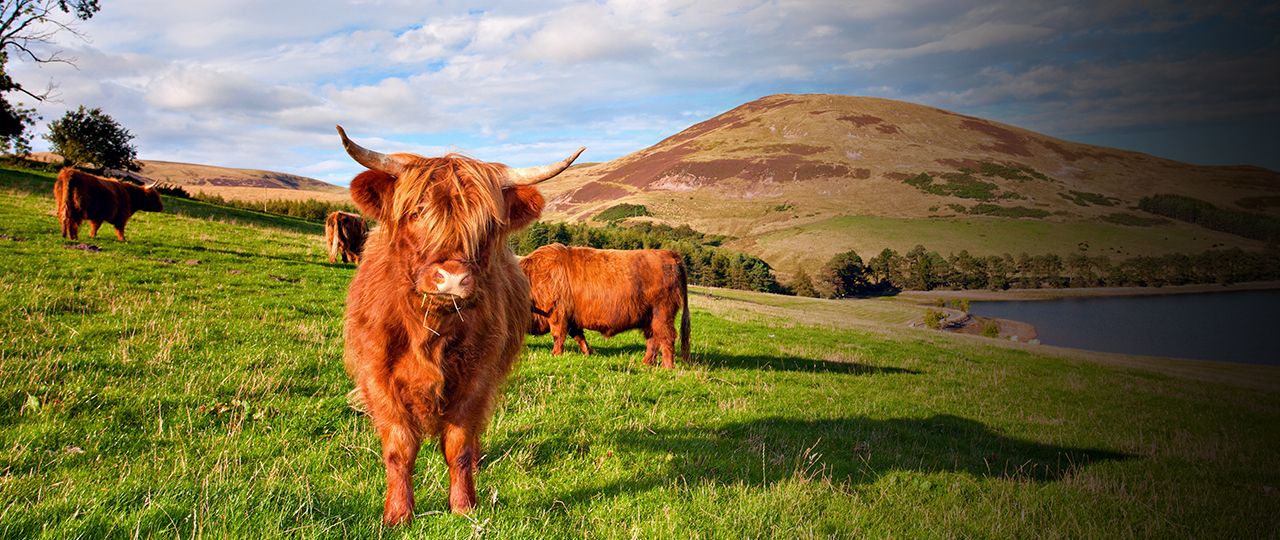
Jason Beedell
Director, Research


Director, Research
Click here to download a PDF of the full update.
Glyphosate not classed as a carcinogen, so approval for continued use more likely
The European Chemicals Agency (ECHA) has said that, based on the available scientific evidence, the chemical could not be classified as a carcinogen, mutagen or as toxic for reproduction when used correctly; it is however still considered to potentially cause serious eye damage and is toxic to aquatic life. The European Commission will take the ECHA’s report into account when deciding whether to re-approve the chemical, which will be done by the end of 2017. The news will be welcomed by most farmers as it is the most used weed killer in the world but it has been criticised by environmental bodies which say that the ECHA has ignored scientific evidence that it can cause cancer; the World Health Organisation’s cancer research agency (IARC) classified the chemical as a “probable” cause of cancer. There are also other concerns about whether it contributes to fatty liver disease in humans.
European cereals harvest expected to rise by 0.8% in 2017
The rise in production is despite a 1.8% fall in area planted. Within this, the barley harvest is expected to fall by 6.6% and OSR by 0.9%, while wheat is expected to rise by 4.7%.
Scotland: less land re-let despite tenancy reforms
Changes in tenancy legislation has done little to date to encourage more landowners to let out land under formal tenancy agreements, according to the latest Scottish agricultural land occupation survey from the CAAV. In Scotland, tenanted farms cover less than 22% of holdings, compared with 35% in England. Even more worrying is the fact that only around a third of previously let land that became vacant was re-let, much lower than the usual 75-80%. Further, much of the land re-let is as bare land, so not equipped farm holdings.
CAP post 2020: 13,000 responses received but little fundamental change likely
Farming ministers have started to debate how the CAP may be reformed. There remains strong support for direct payments to farmers, but with countries having greater ability to transfer money from direct payments (Pillar 1) to rural development schemes (Pillar 2). A coalition of central and eastern Member States has called for higher direct payments in their countries, so they are more equal with those in other countries. In an interesting development, there is talk of the reform being delayed until after a Brexit deal has been reached with the UK as that deal will affect the future budget for the EU and the CAP.
Scotland: Agriculture should cut its greenhouse gas emissions further
Farming is one of the two biggest contributors to climate change, and four Scottish Government committees which have been scrutinising the draft climate plan want more ‘everyday habits’ in the plan that farmers, and others, can adopt. Linked to this, the Scottish Government has launched an £8m fund to help restore peatland, which will help lock carbon into the soils. The Government wants to restore around 20,000 hectares of peatland a year and around 250,000 hectares by 2032, which is roughly a sixth of Scotland’s 1.7m hectares of peatland. The importance of the peat is highlighted by the fact that it stores the equivalent of about 140 years of emissions from all industry in Scotland.
Brexit and new UK agricultural policy: lessons from EU-NZ negotiations
The EU and New Zealand have been discussing a trade deal and it is interesting to see the issues being raised, as the UK is likely to face similar ones when it starts work on free trade agreements with other countries. The joint approach is to take account of agricultural sensitivities through the use of long ‘dismantling periods’ (for market protection) and tariff rate quotas (to enable trade to happen with lower than usual levels of tariffs); other agricultural issues include geographical indications, health and sanitary standards, and reducing delays due to regulatory and administrative procedures. These deals are complicated and, as they cover a range of sectors, agriculture is just one of many considerations.
Nearly 1,500 UK dairy farmers volunteer to reduce their milk output by 90,000 tonnes
The reduction, which is around 90 million litres or the output of 40,000 cows in three months, is from the first reduction period of the EU’s milk production reduction scheme (Oct 2016 – end Dec 2016). In return, the farmers are paid 12 pence per litre of milk not supplied. We will know the figures for the second reduction period (Nov 2016-Jan 2017) shortly. We do not think there are plans for further reduction periods at present as milk prices have risen across Europe, which the EC claims is partially due to the scheme.
Business rates concession quietly issued after Budget
As well as the U-turn on national insurance contributions, the government has quietly changed the grounds for appeal against a business rates assessment, from a rates assessment having to be above “the bounds of reasonable professional judgment”, which many took to be more than 15% above expected, to above a “reasonable valuation”. This change in words has been estimated as potentially saving companies about £2.5 billion over the next five years. The Government may also have to perform another rethink on making small firms submit their tax details digitally four times a year, which is due to start from April 2018, due to concerns about the cost and practicality for many small businesses.
The average rent in the UK fell by 0.6% in the year to February 2017, the first drop since November 2010, according to figures from Countrywide. We will keep an eye on this market as other data from HomeLet suggests that, although rental growth has slowed, it is still rising; by 0.8% for UK rents in the year to February 2017.
Faster broadband on horizon as BT agrees split from network provider
BT has, under pressure from the regulator Ofcom, agreed to operate Open Reach as a separate company. It is hoped that this will increase competition in the telecoms and broadband markets, and also speed up improvements to the network so that rural areas receive better service. The separation will start later in 2017 and other telecoms firms have cautiously welcomed it, subject to Ofcom holding BT to its commitments